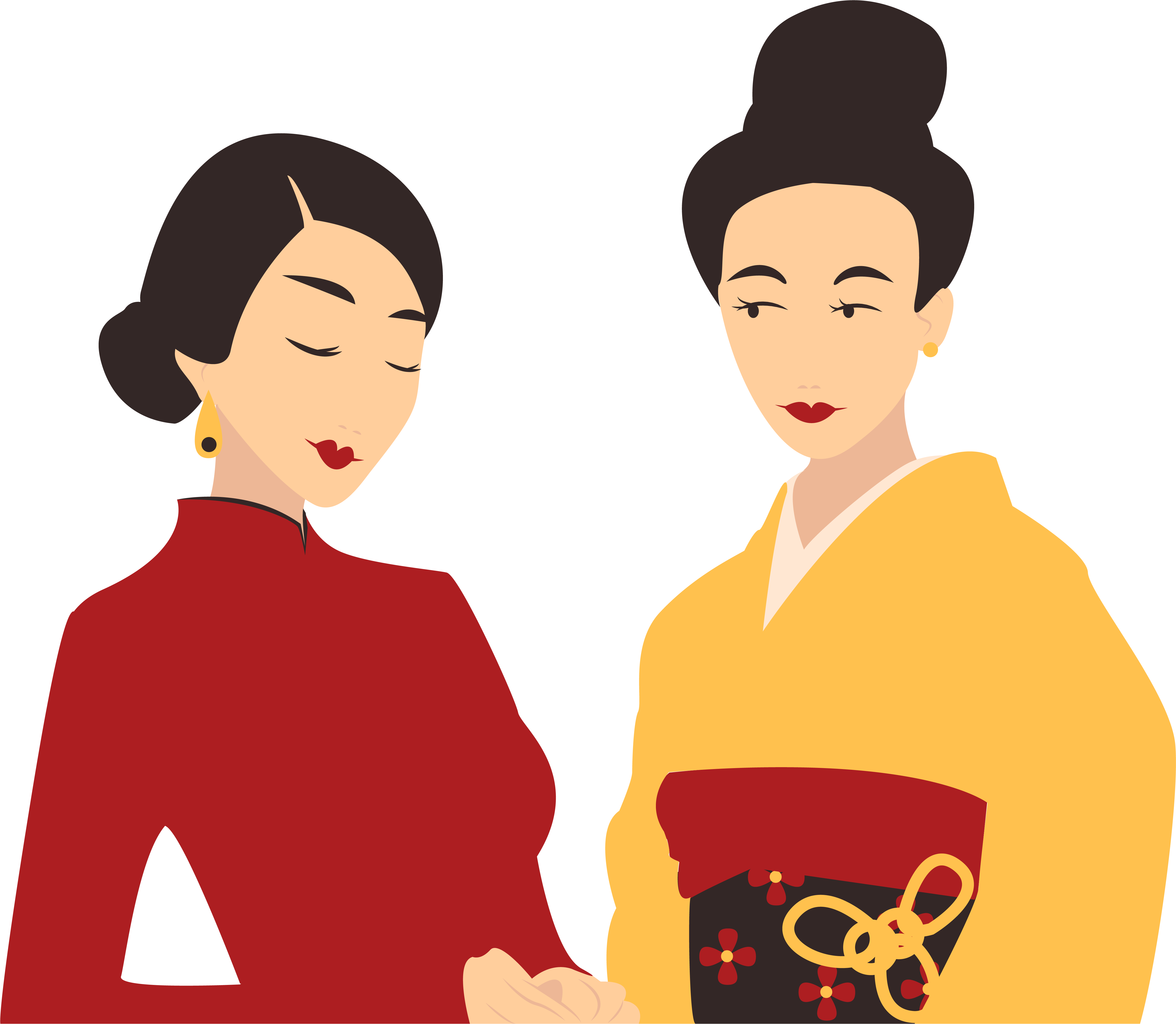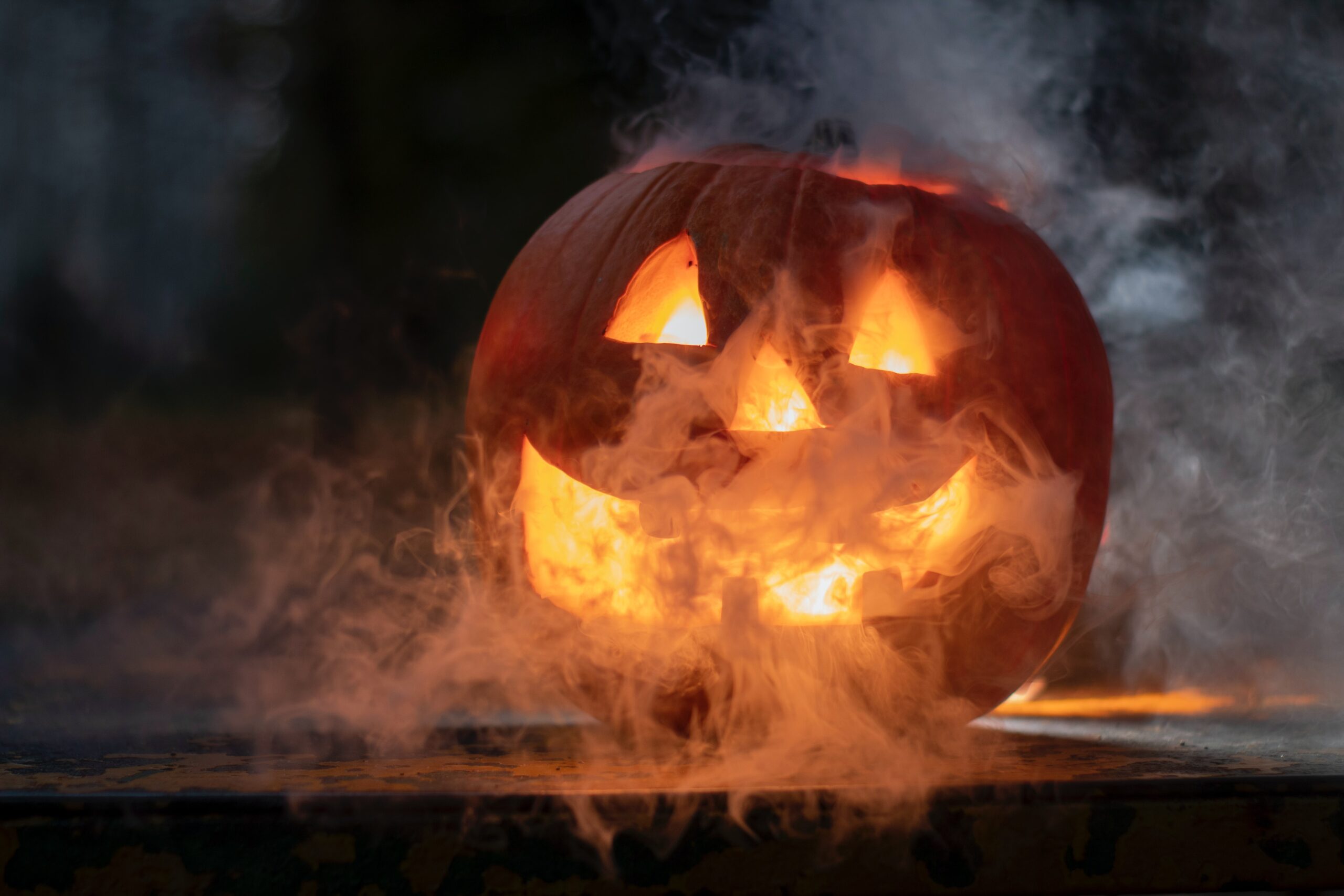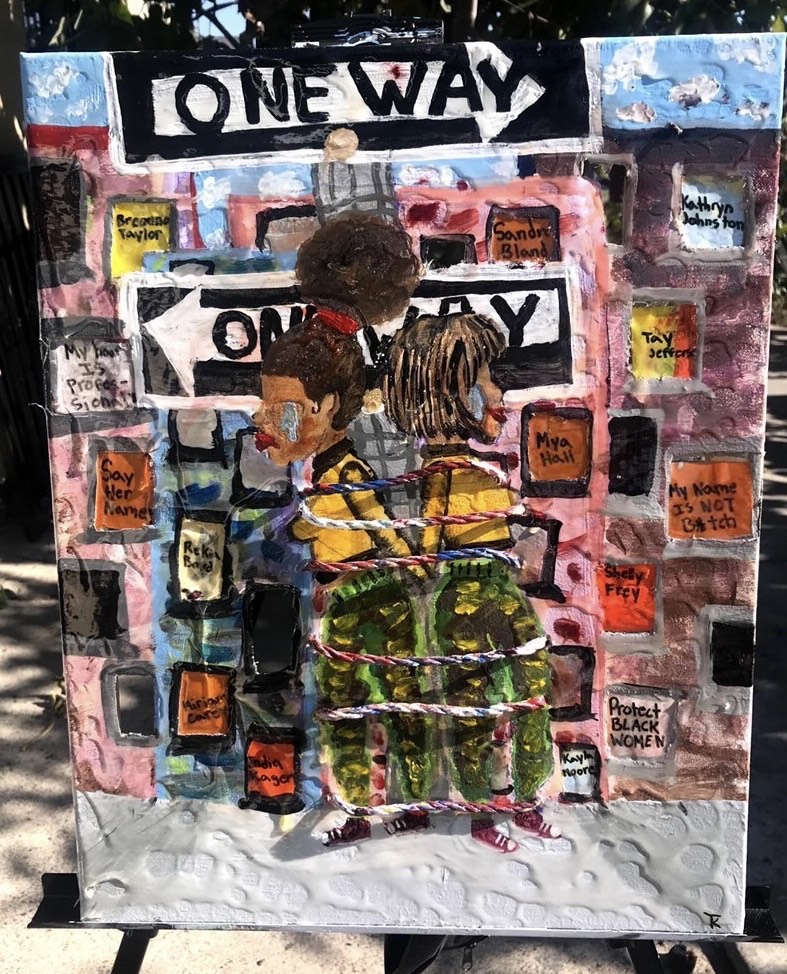By Jasmine Nguyen. Co-Lifestyle Editor
Exotic dragon ladies. Giggling schoolgirls. Sensual geishas. For the longest time, these seemed to be the only images of Asian women that mainstream America could conjure. While those stereotypes are slowly fading away in films and on TV, they scream come Halloween season.
Look around your local costume store and you’re bound to see some botched version of a kimono or a costume titled “China Doll” in obnoxious oriental font. Some may say, “hey they’re just costumes,” but everythings a sexy version of its original form during Halloween. Even Mr. Rogers can’t escape it. But the over-sexualization of Asian and Pacific Islander women stretches far more than just tacky Halloween costumes.
For some reason in the United States, Asian American and Pacific Islander women have long been viewed as submissive playthings who serve to the whim of any white man, or seen as the dangerous female villain who uses her sexuality to fool the poor hero. American pop culture has produced hundreds of scheming dragon ladies or docile porcelain dolls. The film “Full Metal Jacket” showed a Vietnamese sex worker uttering the phrase “Me love you long time,” and most Asian women still can’t escape it. Anna May Wong, one of the first Asian American actresses of the 1920s, bounced between the two stereotypes of a dangerous vixen or exotic plaything throughout most of her career.
These stereotypes don’t just stay on the screen. For many AAPI women, they seep into our daily lives. For instance, when I was 13, I was waiting for my friends outside a restroom. An older man, he must have been in his thirties, came up to me and asked if I was Asian just before trying to touch my face. He only backed off when I told him I was 13. It was like he expected me to be okay with him touching me and not say a word about it.
On dating apps, I’ve had men tell me that they were excited because they had never been with an Asian girl before. It was like I was some sort of hot new dish at a restaurant instead of an actual human being.
Many of the AAPI women I’ve spoken to have faced similar experiences as well.
Gabby Giang, biology major, is called exotic or Oriental by men so often that she can’t even keep count.
“When I speak my mind people tend to be shocked, they’re confused that I’m not soft-spoken or just simply quiet,” Cianna del Rosario, a student at Glendale Community College, said. “There’s this stereotype that Asian women just take and take [until] they fall into a category of submission.”
Marley Yu, cellular and molecular biology major, said she is not only sexualized because she’s Asian but the fact that she’s mixed with Caucasian as well, “So [typically] men see me as an “exotic prize.”
So yes, those sexy kimono Halloween costumes aren’t a big deal. I shouldn’t be yaping that someone wearing it is going to send back the rights of AAPI women everywhere, so yeah be that sexy geisha, go all out with the chopsticks in your hair. But just keep in mind that many women, including myself, have their stomach churns every time they pass by a China Doll costume.



